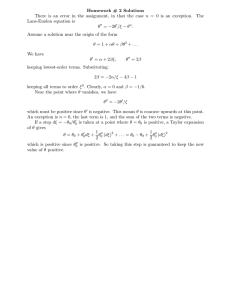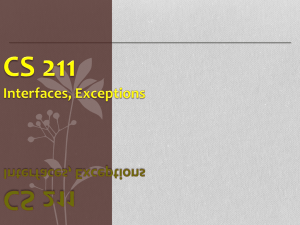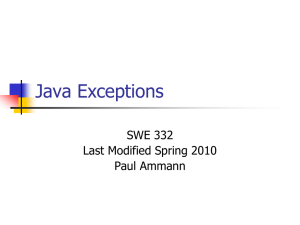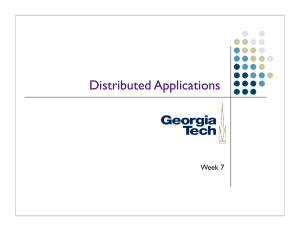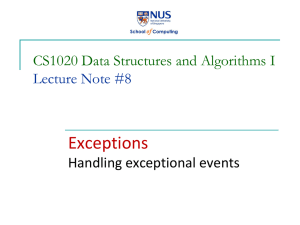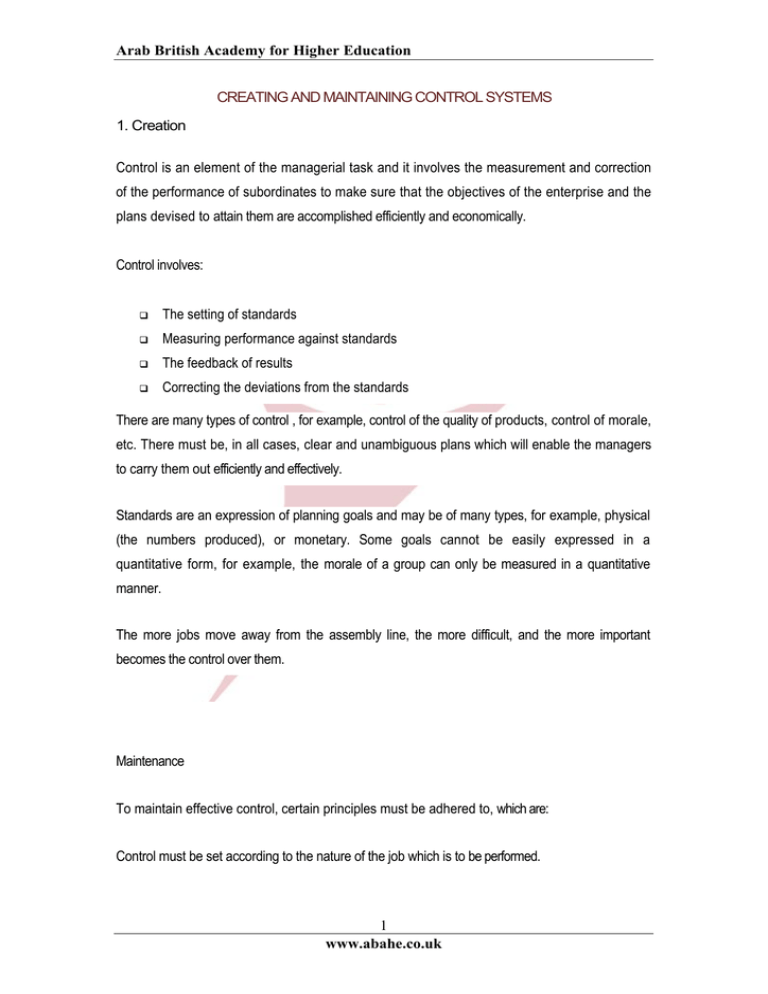
Arab British Academy for Higher Education
CREATING AND MAINTAINING CONTROL SYSTEMS
1. Creation
Control is an element of the managerial task and it involves the measurement and correction
of the performance of subordinates to make sure that the objectives of the enterprise and the
plans devised to attain them are accomplished efficiently and economically.
Control involves:
The setting of standards
Measuring performance against standards
The feedback of results
Correcting the deviations from the standards
There are many types of control , for example, control of the quality of products, control of morale,
etc. There must be, in all cases, clear and unambiguous plans which will enable the managers
to carry them out efficiently and effectively.
Standards are an expression of planning goals and may be of many types, for example, physical
(the numbers produced), or monetary. Some goals cannot be easily expressed in a
quantitative form, for example, the morale of a group can only be measured in a quantitative
manner.
The more jobs move away from the assembly line, the more difficult, and the more important
becomes the control over them.
Maintenance
To maintain effective control, certain principles must be adhered to, which are:
Control must be set according to the nature of the job which is to be performed.
1
www.abahe.co.uk
Arab British Academy for Higher Education
Small organisations need different systems of control to 1arge organisations. It is important
to note that although the same techniques are universally used, for example, budgets, breakeven charts, financial ratios and standard costs, it must never be assumed that any of the
techniques can be used in a given situation.
Deviations must be reported immediately. In an "ideal" situation, notification is made before
deviations occur. However, in practice, such information is usually supplied too late to be of
any immediate use, and as a result it can only be used for future planning. Data processing
has been speeded up by the use of electronic accounting machines. This means that when
data is received it is no longer as out of date as previously.
Controls must conform to the pattern of the organisation. If the organisation pattern is clear
and the responsibility for the work done is well defined, then control becomes more effective
and it becomes simpler to isolate the persons who are responsible for the deviations.
Controls should show exceptions at selected points. The "exception" principle, whereby only
exceptions to the standard are notified, should be adopted. Note must be taken of the varying
nature of exceptions, as a small exception in a certain area may be of greater significance than
larger exceptions elsewhere.
The exception principle or "management by exception", simply means that the attention of
management is brought to those activities of the business which are not going according to
plan. By adopting the exception principle, a manager is not overwhelmed with details regarding
those operations which are performing satisfactorily. Any minor discrepancies in these areas
can be investigated by subordinates. However, the manager must be informed of all
important exceptions which arise during the course of operations. Authority is delegated to
others in order to permit them to deal with transactions of all kinds, with the exception of those
over a certain cost or those which involve an unforeseen risk.
The working of the exception principle is illustrated by budgetary control, where top
management concentrates on the minor variances which have less serious implications.
2
www.abahe.co.uk
Arab British Academy for Higher Education
Control should be flexible and economical in use. A system should be sufficiently flexible to
allow or provide for alternative remedies, where failures occur. A system of control should not
cost more than what it is worth. For example, a complete system of standard costing may be
installed, where in fact, a simpler system would have been less expensive and more suitable.
Controls should be simple to understand and should indicate the corrective action necessary.
Presentation of control information
in a manner that management can understand is vital. Some controls of a mathematical nature,
for example, complex break-even charts are not understood by many managers. In this
connection, management training schemes are important, in order to familiarise management with
these techniques. If deviations are detected, this is not very useful in itself. It is essential that the
results point the way to causes. For example, where the failures are occurring, who is responsible
for them and what shall be done about them?
All Rights Reserved © Arab British Academy for Higher Education
3
www.abahe.co.uk

